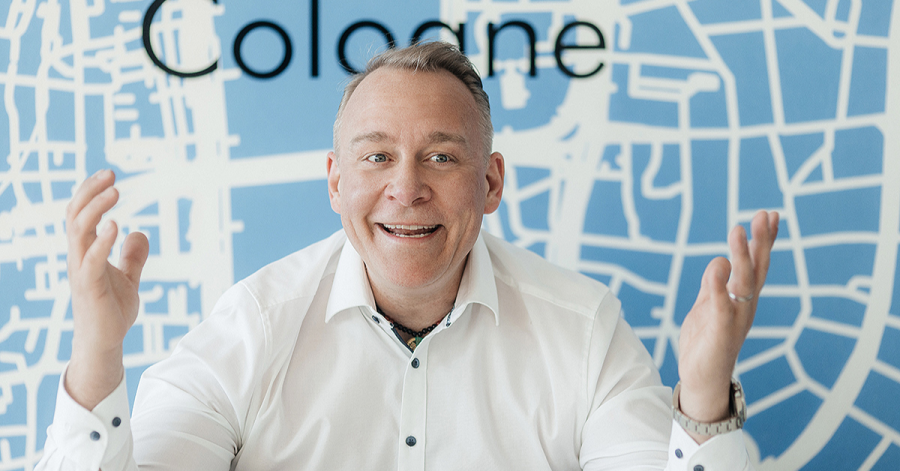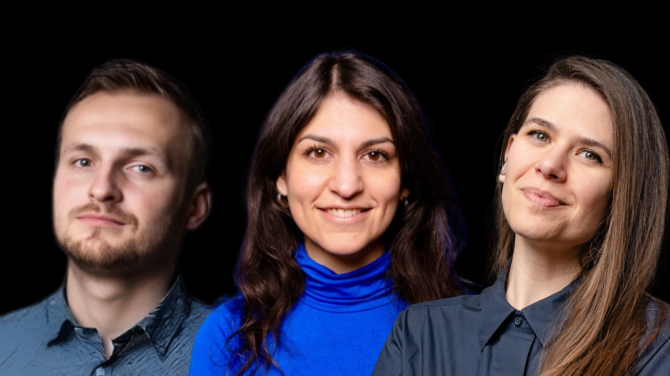When a German funding agency told us that “AI alone is not innovative enough,” I knew something was deeply broken. Over the past 25 years, I’ve built a career – and several companies – by delivering software quality and automation at the highest standards. From serving top-tier clients like Deutsche Telekom, RTL, and IBM, German government agencies to launching AI-driven ventures like aqua cloud and Capture, I’ve never shied away from complex, regulated sectors. Yet, my most recent experience founding a new AI company crystallized a painful realization:
Germany, and much of Western Europe, is structurally unprepared to support the very innovations it claims to champion.
Despite contributing billions to the EU’s innovation budget, Germany often fails to create pathways for its own founders to access those funds. Ironically, I found more fertile ground for innovation not at home but in Eastern Europe.
“Not innovative enough”
Let me share one moment that captures this contradiction perfectly.
While applying for funding through a German innovation funding program, our application was rejected on the grounds that “AI alone is not innovative enough.” Yes, you read that correctly. The evaluators even suggested we install a dictation device – essentially a microphone – so the project could be “connected to hardware” and might then qualify. The implication? True software innovation, particularly in AI, was somehow less valid unless it included physical components.
This isn’t an isolated experience. According to a 2025 study by the VDI (Association of German Engineers), German SMEs face immense mental and structural barriers to adopting AI. These include low digital competence, insufficient infrastructure, a shortage of AI talent, and crushing bureaucracy. Startups like ours spend roughly 10% of our time navigating administrative red tape. Germany has become a place where great ideas struggle to grow – not because they lack merit, but because the system isn’t built to recognize or support them.
A shift to Poland
After hitting too many dead ends in Germany, I made a bold decision: I opened a subsidiary in Poland.
There, I discovered a different attitude entirely. Poland’s national funding agencies, such as NCBR (National Centre for Research and Development) and PARP (Polish Agency for Enterprise Development), are geared toward enabling – not obstructing – innovation. These organizations not only understand AI but have created regulatory sandboxes and direct support channels for startups. The environment is forward-thinking, welcoming, and pragmatic.
And here’s the kicker: much of the money supporting these programs originates from the same EU funds that Germany helps finance.
Europe’s fragmented innovation reality
This experience forced me to confront a larger, uncomfortable truth: Europe isn’t one innovation ecosystem. It’s 27 fragmented ones. And while the EU talks about a digital single market, the reality on the ground is a complex patchwork of legal frameworks, national policies, and wildly different interpretations of what “innovation” means.
That fragmentation doesn’t just create inconvenience. It creates inequality.
Some countries build effective bridges to EU funding. Others erect gates. If you’re an AI founder in Germany, the gates are high. If you’re in Poland, the road is open.
This legal and administrative inconsistency is driving cross-border migration – not of people, but of ideas. We’re watching an internal brain drain unfold in slow motion. Founders are adapting by moving. But what does that say about the system we’re moving within?
Founders will adapt. Time for systems to adapt, too
As a founder, I’ve always embraced change. Resilience and reinvention are built into the entrepreneurial DNA. But Europe can’t afford to rely solely on the adaptability of its innovators. The systems themselves must evolve.
We need more harmonization. We need mutual recognition of innovation – whether it’s hardware or code, cloud-based or embedded, data-driven or human-centric. And above all, we need to treat founders as the fuel of our future, not as applicants to be disqualified on technicalities.
I’m proud of what we’re building in Poland. But it still stings that I had to leave my home country to do it. Innovation (funding) is supposed to be borderless. It’s time for our funding frameworks to catch up to that idea.
If Europe wants to compete globally, we must stop penalizing software-native, AI-first startups. We must stop favoring form over function. And we must start listening to the founders on the ground – before more of them decide to take their ideas elsewhere. Europe doesn’t lack talent. It lacks alignment.








